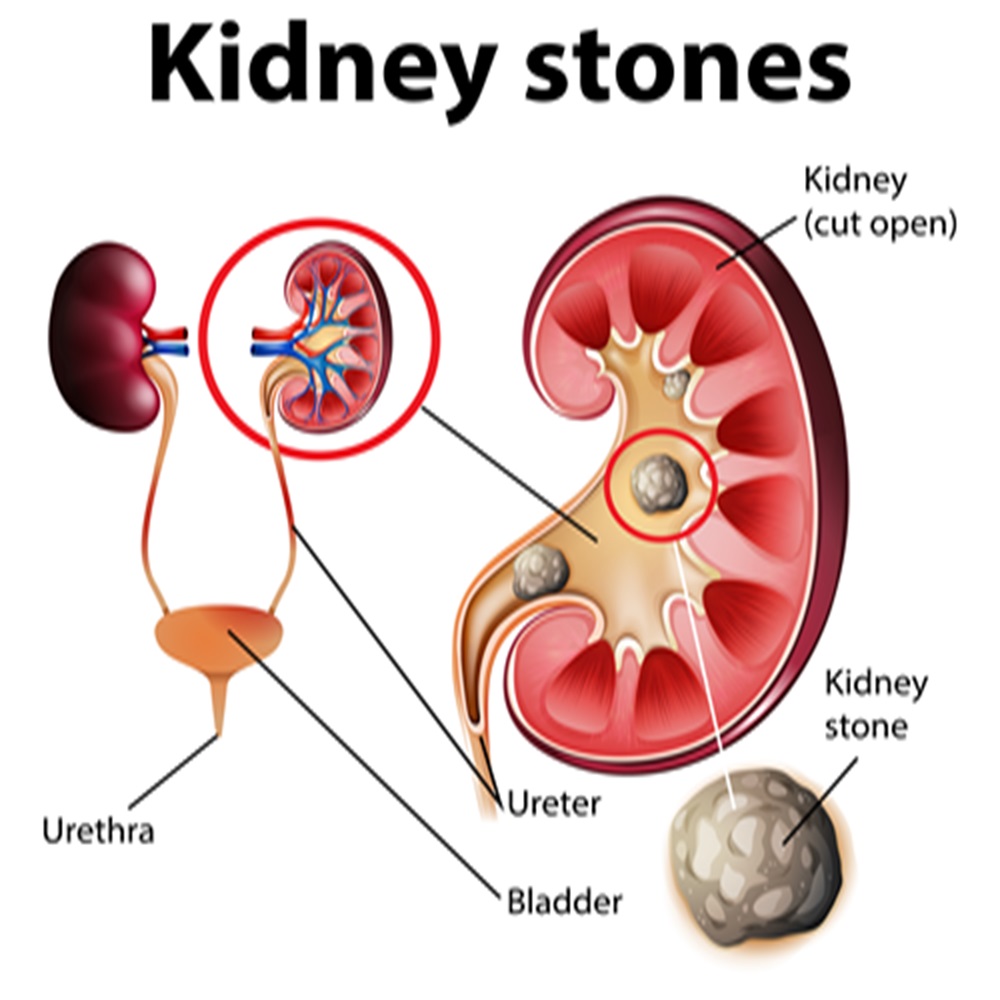How Are Kidney Stones Formed?

Strong 8k brings an ultra-HD IPTV experience to your living room and your pocket.
Introduction:
Kidney stones are one of the most painful urological conditions that can affect anyone, regardless of age or gender. While they are common, the process behind their formation is not widely understood. In this blog, we’ll explore how kidney stones are formed, what causes them, and why consulting the best urologist doctor in Agra is crucial for timely diagnosis and treatment.
Understanding What Kidney Stones Are
Kidney stones are hard mineral and salt deposits that form inside the kidneys. These stones develop when the levels of certain substances in your urine like calcium, oxalate, and uric acid become too high. When the balance of these substances gets disturbed, crystals start to form. Over time, these crystals stick together and grow into stones.
These stones can be as small as a grain of sand or as large as a golf ball. Some may remain in the kidney without causing problems, but others can move into the urinary tract and block the flow of urine, causing severe pain and discomfort.
The Science Behind Kidney Stone Formation
Your kidneys are responsible for filtering waste and extra fluids from your blood to form urine. Normally, urine contains substances that prevent crystals from forming. However, when the urine is too concentrated often due to dehydration or an imbalance of minerals those protective substances may not work effectively.
As a result, minerals and salts begin to crystallize. These crystals can slowly grow and bind together to form kidney stones. The process may take weeks or even months, and often people don't realize they have stones until symptoms appear.
Types of Kidney Stones and Their Causes
There are several types of kidney stones, each formed from different chemical compounds. The most common are calcium oxalate stones, which result from high levels of calcium or oxalate in the urine. Uric acid stones form when urine becomes too acidic. Struvite stones are linked to urinary tract infections, while cystine stones are rare and usually caused by genetic disorders.
While each type of stone forms differently, the underlying cause is typically an imbalance in body chemistry, inadequate water intake, or dietary issues.
Why Dehydration Plays a Key Role
One of the primary reasons for kidney stone formation is not drinking enough water. When you are dehydrated, your urine becomes concentrated, which means there's less water to dissolve waste substances. This gives minerals and salts the opportunity to stick together and form stones.
Those who live in hot climates, sweat excessively, or consume too little fluid are more prone to dehydration. Increasing your daily water intake can dramatically reduce your risk of developing kidney stones.
How Diet Influences Kidney Stone Formation
Your diet has a direct impact on kidney health. Consuming too much salt, sugar, and animal protein can increase calcium and uric acid in the urine, leading to stone formation. Foods high in oxalates such as spinach, beets, nuts, and chocolate can contribute to calcium oxalate stones in people who are prone to them.
A balanced diet that includes enough fluids, limited salt, and moderate calcium can help prevent the conditions that lead to kidney stones. If you have had stones before, a tailored diet plan from the best urologist doctor in Agra can be very beneficial.
Warning Signs You Shouldn’t Ignore
Kidney stones often go unnoticed until they begin to move through the urinary tract. At this point, symptoms become hard to ignore. You may feel sharp pain in your back or lower abdomen, nausea, vomiting, or even blood in the urine. Some people experience a constant urge to urinate, while others face painful urination or fever when an infection is present.
These symptoms should never be ignored. Seeking early medical help can prevent further complications and make treatment more manageable.
When to Consult the Best Urologist Doctor in Agra
If you suspect that you might have kidney stones, don’t delay seeking medical attention. The best urologist doctor in Agra can accurately diagnose the condition through imaging tests and urine analysis. Depending on the size and type of stone, your treatment may involve medication, increased fluid intake, or procedures such as laser therapy or shockwave lithotripsy.
In some cases, surgical removal might be necessary. Regular follow-ups and preventive advice from a urologist can significantly reduce your chances of getting stones again in the future.
Preventing Kidney Stones Before They Start
While kidney stones can be extremely painful, the good news is that they are often preventable. Drinking plenty of water throughout the day keeps your urine diluted and flushes out harmful substances. Maintaining a healthy diet, managing weight, and staying physically active are also key preventive measures.
If you've had kidney stones in the past, or if they run in your family, it’s important to undergo regular kidney function checks. The best urologist doctor in Agra can help you with personalized prevention strategies tailored to your body’s needs.
Conclusion:
Understanding how kidney stones form is the first step toward prevention and treatment. From dehydration and poor dietary habits to genetic predispositions, several factors can contribute to stone formation. However, with timely intervention and lifestyle adjustments, kidney stones can be managed and even avoided.
Note: IndiBlogHub features both user-submitted and editorial content. We do not verify third-party contributions. Read our Disclaimer and Privacy Policyfor details.







